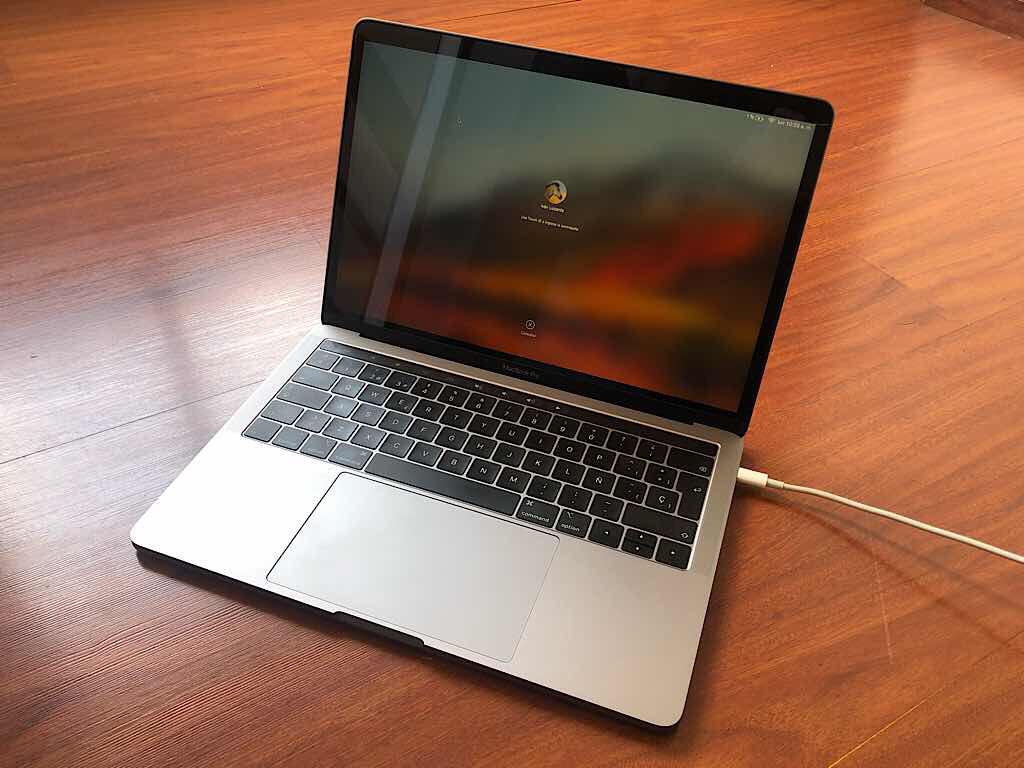
#2: inside the drawer, a kensington or similar laptop lock, also as previously suggested, but wrapped around a strong metal crossbar inside the cabinet such that it's easy for you to lock/unlock with the key, but it would be nearly impossible for someone to get a hacksaw in there. this prevents people who don't know you keep it there from knowing it exists.

#1: locked metal drawer, as previously suggested. If I really wanted to have success with this, then, I'd do this: Those Kensington cable locks might prevent casual crimes of opportunity.ĭitto the locked metal drawer, if people know you put it in there - when a friend got laid off from work and had to leave the building, but didn't have her metal-rolly-cabinet key to get her stuff, I broke into it in a couple of minutes without any tools, and managed to put it back together when we were done pulling everything out of it.

Posted by Science! at 3:10 PM on September 3, 2008 A funky/trendy sticker over your engraved info will make the theft out of site/out of mind for the person looking to get a good deal on a computer from a sketchy source. As soon as that thief sells it for cash nothing on the hard drive is his problem. You leave it out and open, it'll take seconds to steal without making a scene or a sound, you put a kensington lock on it and maybe it'll add 10 or 15 seconds to the time and a light little snap when the bolt cutters bite through the cable.Įngraving it won't do anything either, nor will software really. No sign or poster will stop someone who is already looking to steal a laptop from grabbing up this target of opportunity. Lock it every single time you are away from it, even to go get a coffee down the hall, so that it's never floating in someone's mind as an unsecured laptop. Your best bet is to keep it locked in a metal drawer that only you have access to. It will be hard to pin the theft on just any one person with that many known security failings and keys floating about. They'll know you won't be back for hours, and that at least 40 people are supposed to have a key, but who knows who else has a key or who borrowed a key, or how often the door is mistakenly unlocked or left ajar. As soon as one person is alone or trusts the others in the room that cable won't do jack.

The Kensington locks will give you a semblance of security, in that as long as two or more people are in the room, one of them is unlikely to simply cut the cable (pretty easy) or rip the lock out of the flimsy plastic case of the computer and walk off with it.


 0 kommentar(er)
0 kommentar(er)
